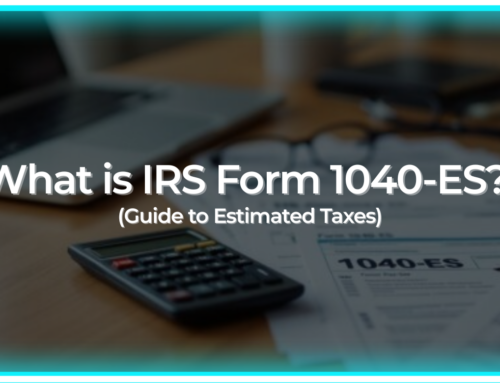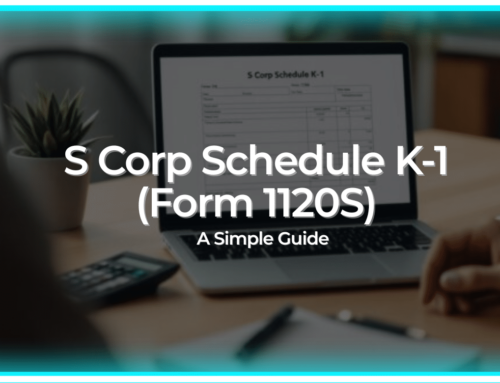Hey everyone, I’m Bette Hochberger, CPA, CGMA. For today’s #FinanceFriday, I will discuss the benefits of opening a business bank account.
When you start a small business, using your personal bank account for business expenses is tempting. It makes sense, especially if you’re using your personal savings to cover startup costs until your business takes off.
But once you begin using your personal checking account or credit card for business expenses, it becomes difficult to disentangle the two. Therefore, it’s recommended all businesses should maintain a clear separation between business and personal expenses by opening a dedicated business bank account.
Personal vs. Business Account
While personal checking accounts and business checking accounts share similar structures and offer comparable features, it’s important to note that several important distinctions exist between them.
For example, a business owner will need to provide more information to sign up for a business bank account, while a personal bank account only needs an ID, social security number, and birth date.
On top of this, some business checking accounts require higher minimum balances to avoid maintenance fees. Additionally, business checking accounts generally collect higher fees than personal checking accounts.
However, don’t let that discourage you from opening a business checking account. Numerous online and traditional banks provide checking accounts specifically tailored for small businesses. By exploring different options, you’re highly likely to discover a business checking account that offers low or no minimum balance requirements and no maintenance fees.
Benefits of Opening a Business Bank Account
Better Record Keeping For Tax Time
Maintaining a clear picture between personal and business expenses provides a distinct advantage when it comes to tax time. Countless small business owners have learned this lesson through experience.
Breaking down deductible expenses becomes challenging when a single checking account is used for groceries, utilities, personal expenses, and business transactions.
By keeping your business and personal accounts separate, you simplify identifying all business income and expenses for yourself and your bookkeeper. This clear separation allows for a clean and organized record, ensuring you maximize eligible deductions and effectively comply with tax regulations.
Liability Protection
If you have formed an LLC or corporation for your business, it is necessary to keep your business and personal finances separate. This is because LLCs and corporations are considered separate legal entities from their owners.
This business structure offers legal protection by limiting debts, lawsuits, and claims to business assets, shielding personal assets from most circumstances. By having a separate business bank account, you maintain this liability protection and avoid complications in case of legal issues.
Credibility
Last but not least, utilizing a business bank account enhances your professional image. When vendors or contractors receive a personal check, it may undermine the level of seriousness they associate with your business. Similarly, asking customers to make checks payable to your personal name instead of your business name can come across as unprofessional.
Having a dedicated business checking account gives you a more authoritative and competent appearance, showcasing your commitment to professionalism.
So, curious about what to do if you’ve already been using your personal bank account for business purposes? No worries; it’s never too late to make a change! Open a business bank account to ensure a clear separation between your business and personal transactions going forward. It’s a proactive step to bring organization and clarity to your financial operations.
I hope you learned something new today. As always, stay safe, and I will see you next time.







